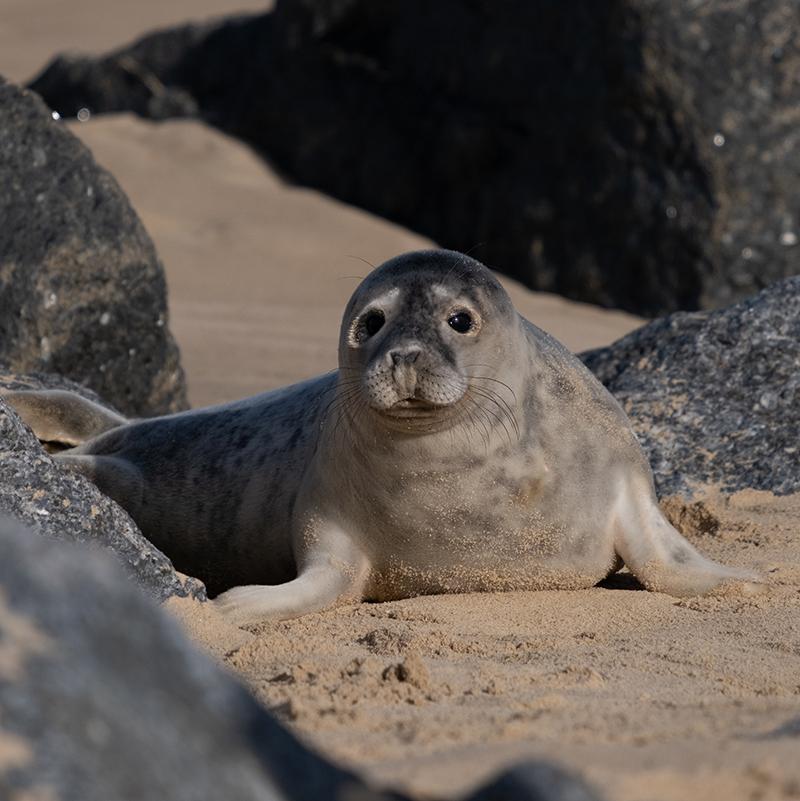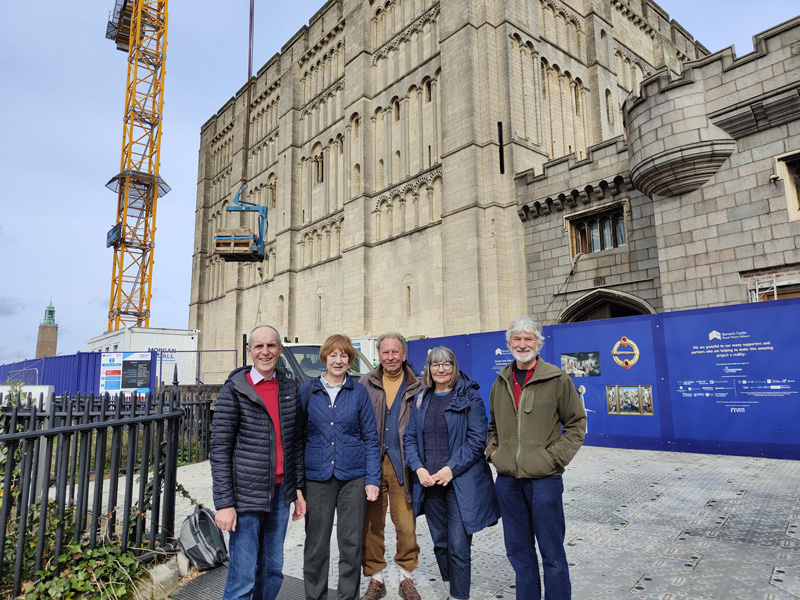>July Events / >June Events / Events in Norfolk and Suffolk / Norfolk Broads / rspb / the coast / Tourist Attractions Norfolk and Suffolk / Wildlife June 24, 2023

Which Industries Are Doing More To Protect Wildlife?
Protecting wildlife is a noble aim. On a national scale, it’s also a huge undertaking, though an essential responsibility nonetheless.
Of course, in the grand scheme of things, the UK is a very small island with only so much space. So far, society’s development has encroached unnecessarily on green spaces, threatening the sanctity of nature and places countless creatures call home.
More funding is going into the protection of wildlife in the UK today. That said, while financial resources are key to success, one can’t just throw money at a problem in the hopes of solving it. Strategies and proactivity from millions of people are also required.
The driving thrust of change comes from efforts in the industry. Here’s what some sectors are doing in the interest of protecting wildlife.
The Tourism Industry
Much of protecting wildlife boils down to education. The tourism industry is in the perfect position to uphold that notion.
For example, tourism businesses may offer adventures that allow people to see the glory of wildlife firsthand. They can promote conservation efforts, teach people how to travel ethically and contribute parts of their revenue to conservation efforts, partnering with the organisations behind them outright.
They could source food differently, too. If hospitality services are included in all tourism, firms can ensure their working with ethical suppliers. For example, they could partner with fisherfolk who don’t overfish, hold the necessary permits, and protect marine wildlife.
The Construction Industry
The construction industry has been one of the biggest offenders of harming wildlife through the years. So much greenery has been lost in the name of building projects.
Today, attitudes are changing. Now builders must be mindful of protected lands and species and work on conservation efforts and recycling regimes. They’ll need surveys for construction projects and commitments to replant any trees they fell elsewhere. Closer working relationships are being arranged between builders and wildlife experts.
Despite the lawful obligations the construction industry must now adhere to, there will inevitably be varying levels of compliance amongst individual organisations. If you ever want to find ethical local builders in your area, you can search with MyBuilder’s portal. All of these tradespeople have been vetted and reviewed on the service, and you can make contact with them to ensure they have green work methods before hiring their help. It’s certainly better than trying to find builders near you via a search engine.
The Foresty Industry
Obviously, the people working in woodlands will have a thing or two to say about protecting wildlife! So, it’s worth touching on their efforts.
There have been calls for the UK to plant more productive forests for environmental benefits. Experts in the industry will try to adhere to this, assessing topography, soil type, and water availability to ensure their newer forests’ longevity. Suitable harvesting practices will be implemented and reviewed, along with full rotation cycles.
Further considerations around timber quality, disease resistance, and growth rates will come to fruition. Choosing the right site for planting trees is vital, but so too is ensuring the trees themselves are of superior genetic quality. Research institutions may become more heavily involved, working harder to grow and reproduce better tree stock. The longer great trees are around, the more many varieties of wildlife have places to call home, eat, and take shelter.








